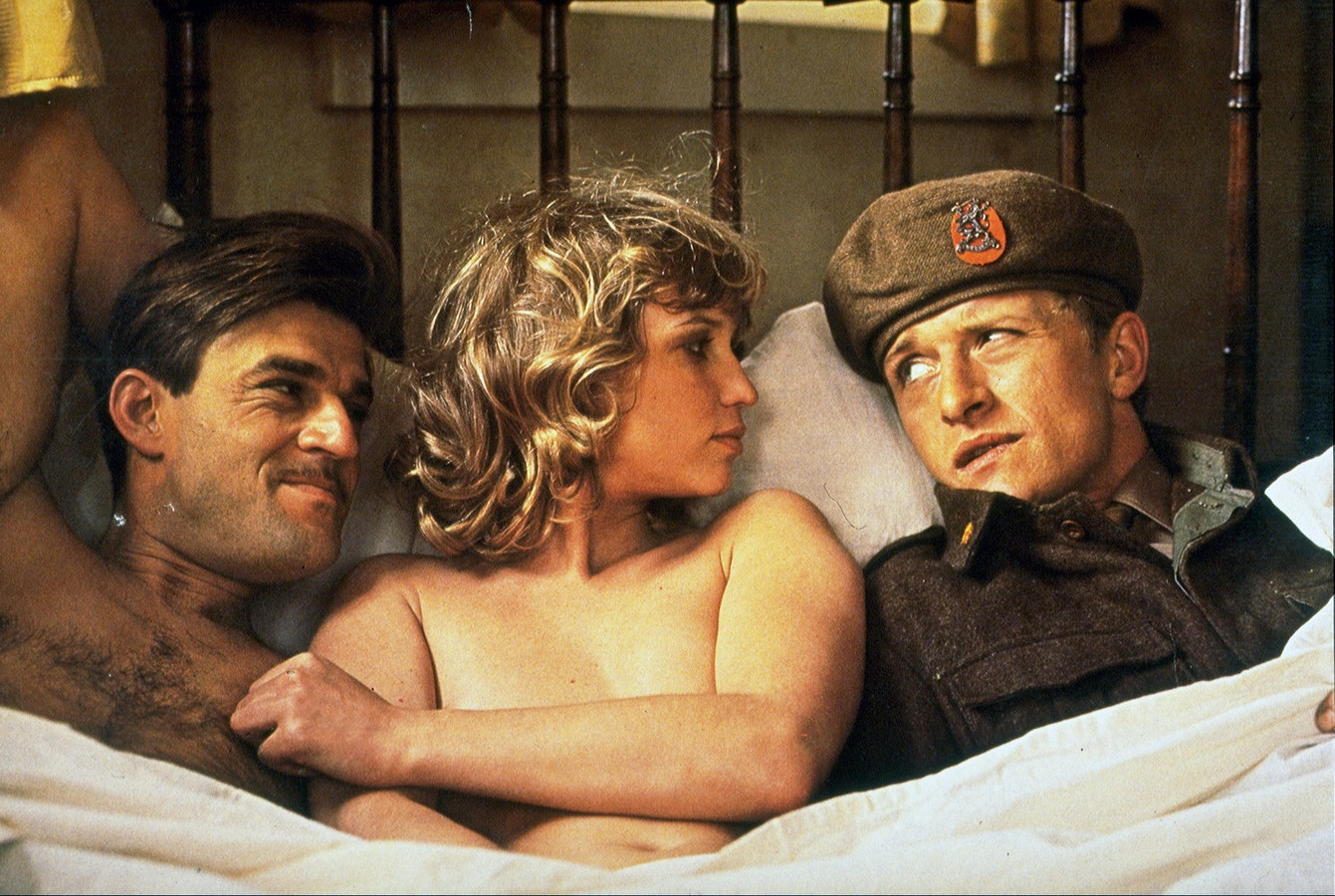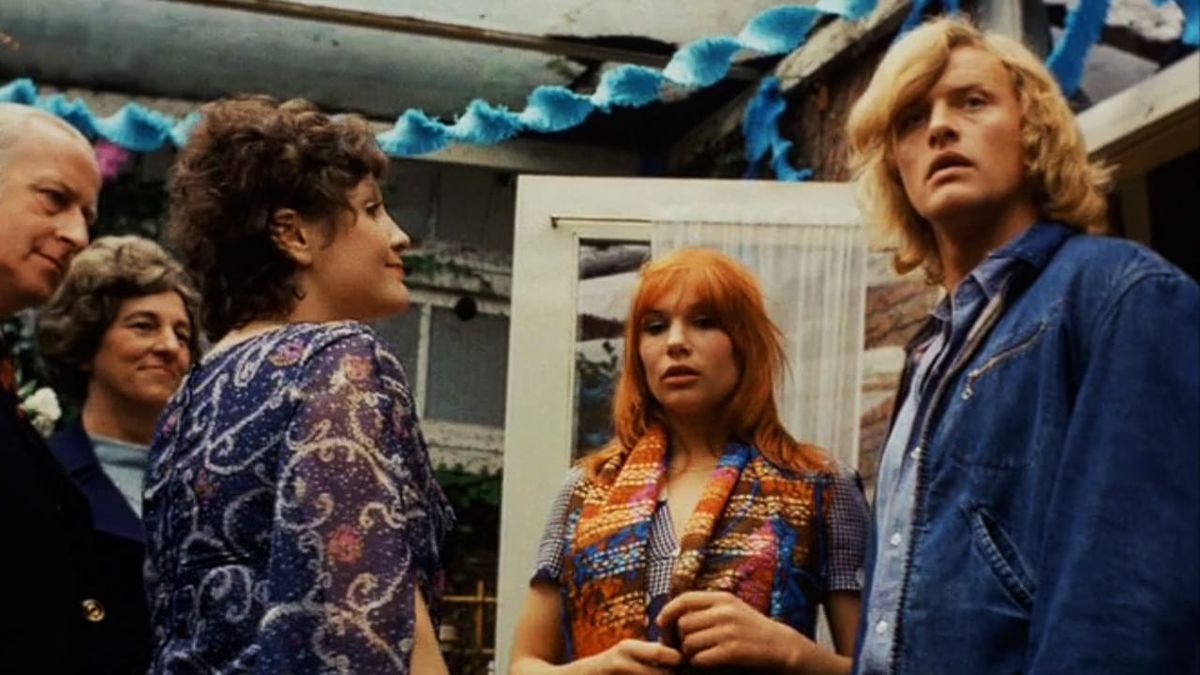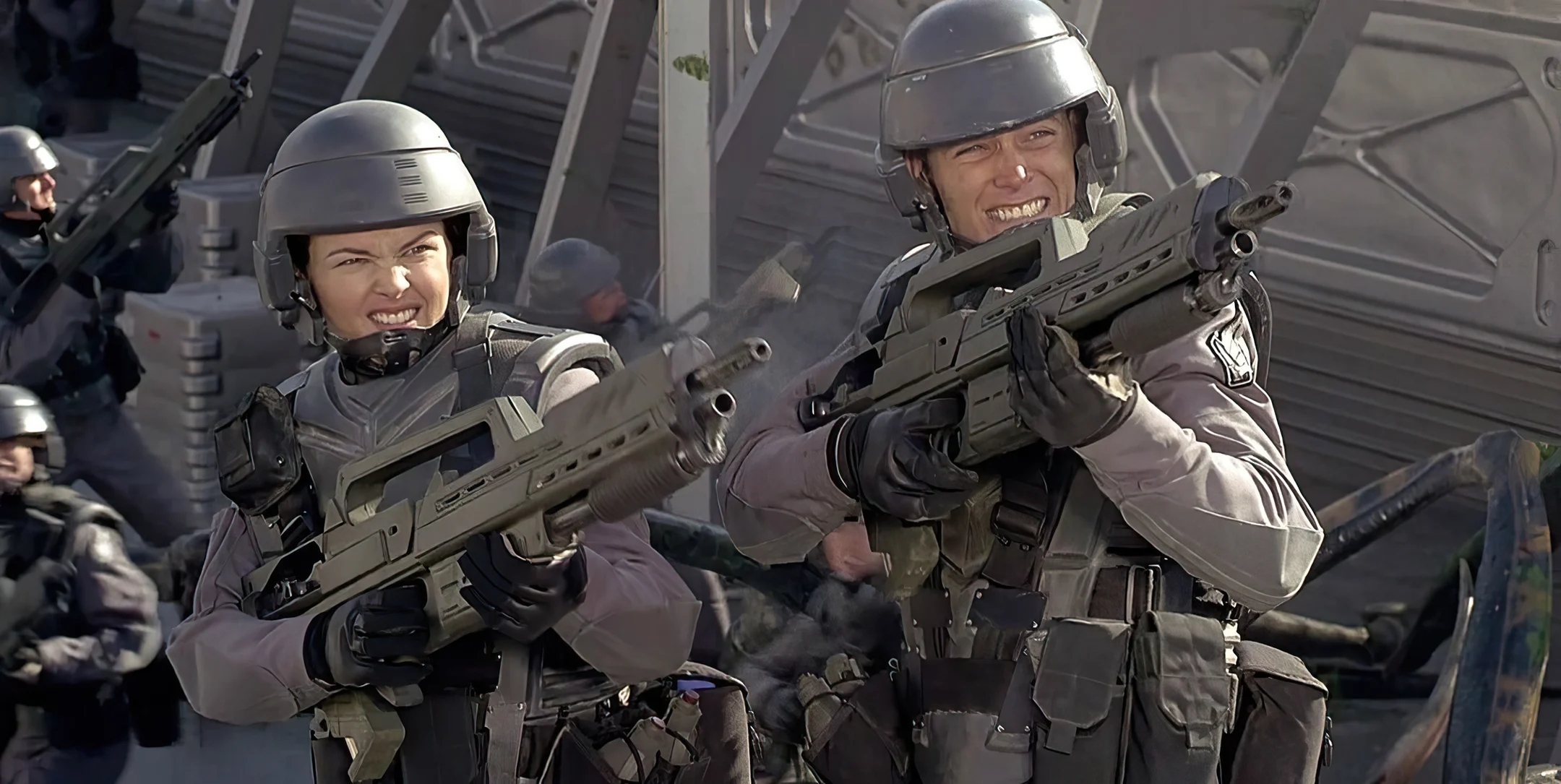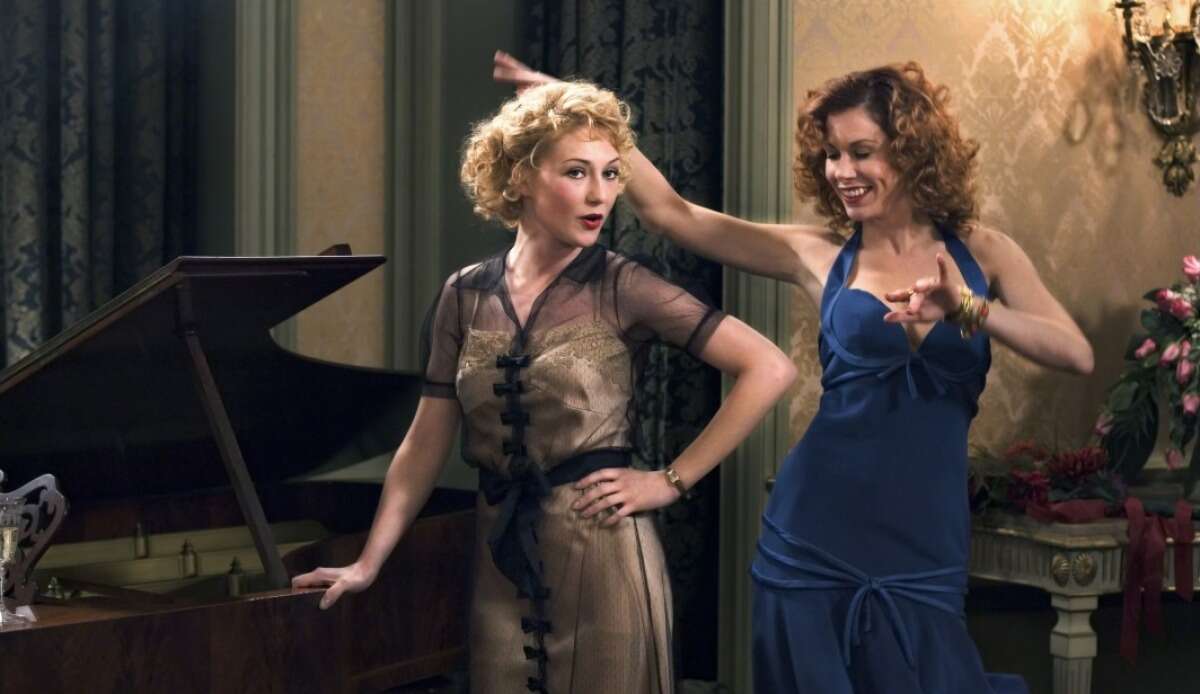Paul Verhoeven, a Dutch filmmaker, is celebrated for his skill in blending genres and injecting incisive social commentary into his narratives. Known for films like RoboCop, Total Recall, and Starship Troopers, Verhoeven has carved a unique niche in cinema, producing works that meld science fiction, action, and satire into a singular, impactful experience. His bold forays into graphic on-screen depictions of violence and sexuality and his complex character portrayals have ensured his reputation as a filmmaker unafraid to push boundaries.
Before his Hollywood success, Verhoeven honed his craft in the Netherlands, where he gained recognition for his narrative audacity and distinctive visual style. This formative period shaped his bold approach to cinema, preparing him for the larger canvas of American filmmaking. His transition to Hollywood was marked by a seamless integration of his unique style within the structures of mainstream cinema, as evidenced in RoboCop, where he blended elements of action, science fiction, and satire to critique corporate greed and the pervasiveness of media.
Verhoeven’s films often exhibit a strong undercurrent of social and political commentary. In Starship Troopers, for instance, he uses the veneer of a science fiction action narrative to create a biting satire of militarism and fascism. This ability to balance thought-provoking themes within entertaining narratives sets his work apart. His use of graphic content, whether in violence or sexuality, is never gratuitous but serves to further the narrative or character development, as seen in Basic Instinct. Verhoeven’s stylistic flair, particularly in his science-fiction films, pairs vivid aesthetics with intricate special effects, creating visually stunning cinematic experiences.
Verhoeven’s unique blend of genre fusion, social commentary, and stylistic audacity has significantly influenced modern cinema. His bold approach to narrative and willingness to explore contentious themes have expanded the boundaries of genre cinema. Despite the action-oriented nature of many of his films, his complex characters and moral dilemmas add depth and nuance, encouraging audiences to engage critically with the material. As a filmmaker, Paul Verhoeven’s impact extends beyond his filmography, challenging and inspiring future generations of directors to challenge conventions and embrace daring storytelling.

Paul Verhoeven (1938 – -)
Calculated Films:
- Soldier of Orange (1977)
- The 4th Man (1983)
- Robocop (1987)
- Total Recall (1990)
- Starship Troopers (1997)
- Black Book (2006)
- Elle (2016)
Similar Filmmakers
- Adrian Lyne
- Alex Proyas
- Alex van Warmerdam
- Brian De Palma
- David Cronenberg
- Dick Maas
- James Cameron
- John Carpenter
- John McTiernan
- Luc Besson
- Neil Blomkamp
- Peter Hyams
- Richard Stanley
- Ridley Scott
- Roger Donaldson
- Roland Emmerich
- Sam Raimi
- William Friedkin


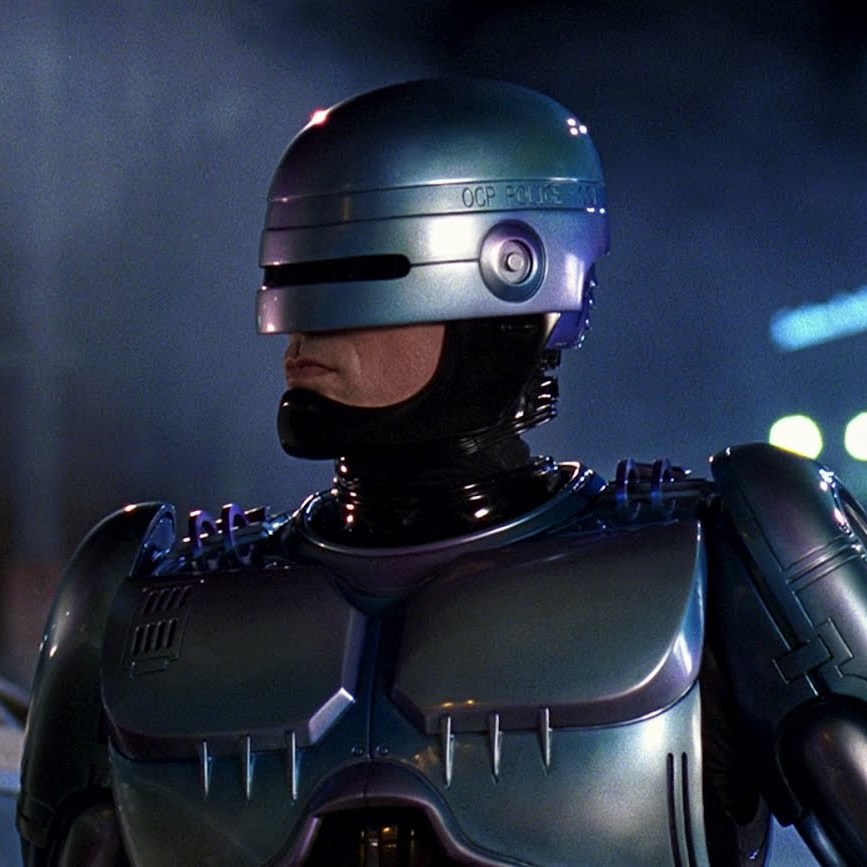
Paul Verhoeven’s Top 10 Films Ranked
1. Robocop (1987)
Genre: Sci-Fi, Action, Crime, Cyberpunk, Dystopian
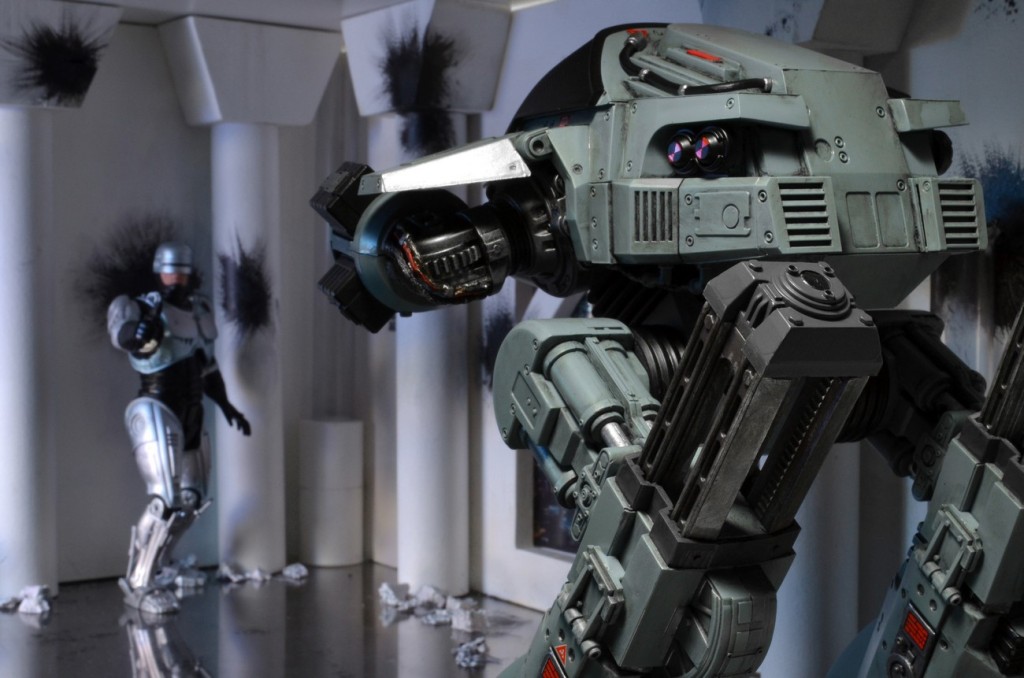
2. Total Recall (1990)
Genre: Sci-Fi, Action, Dystopian, Thriller
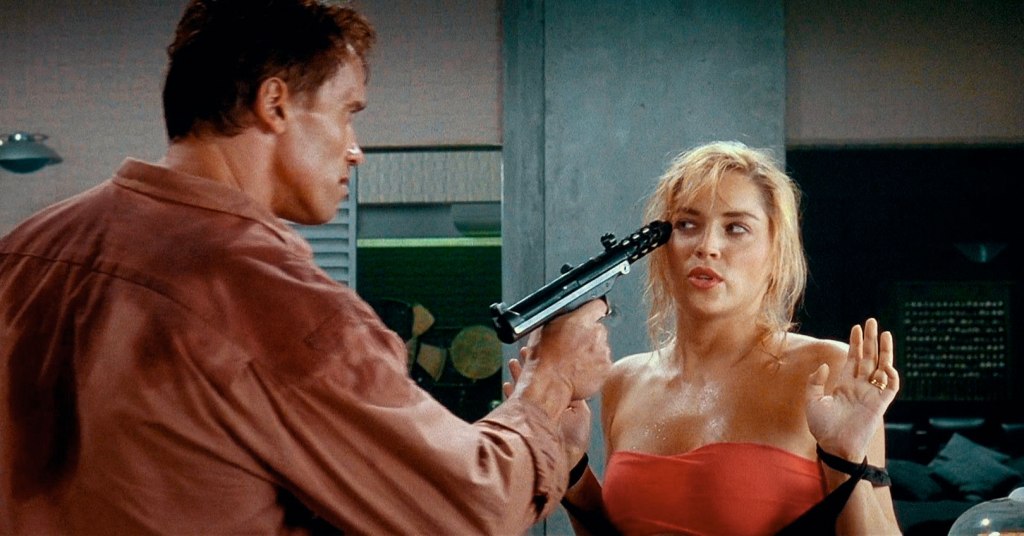
3. Soldier of Orange (1977)
Genre: War, Period Drama, Spy
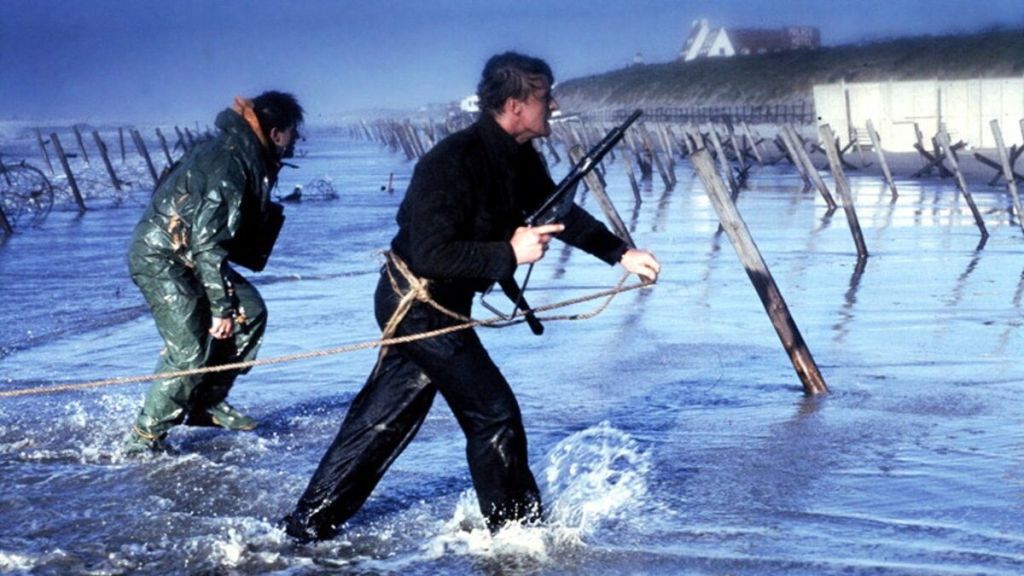
4. Black Book (2006)
Genre: War, Spy, Period Drama, Thriller
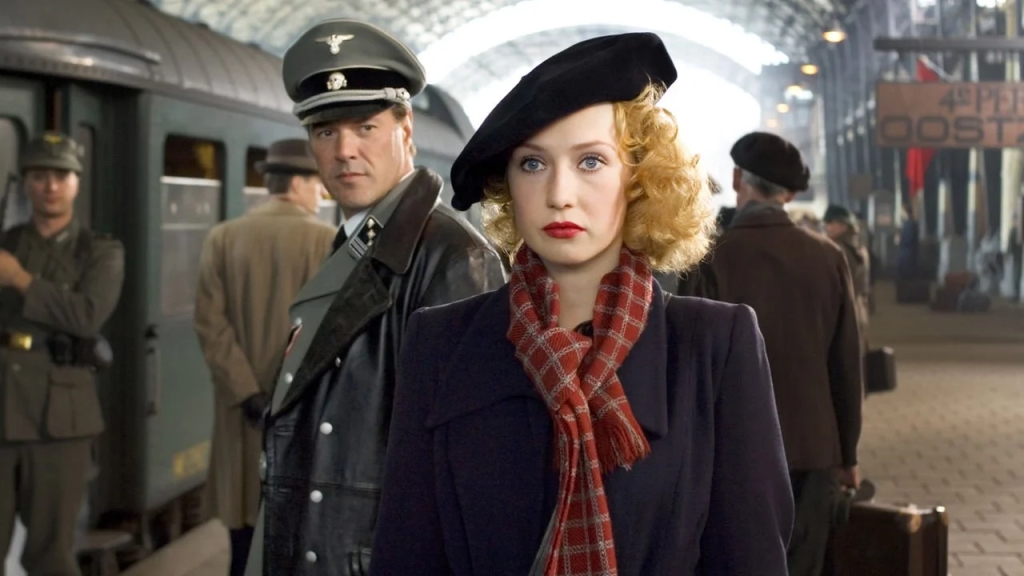
5. The 4th Man (1983)
Genre: Psychological Thriller, Erotic Thriller, Neo-Noir
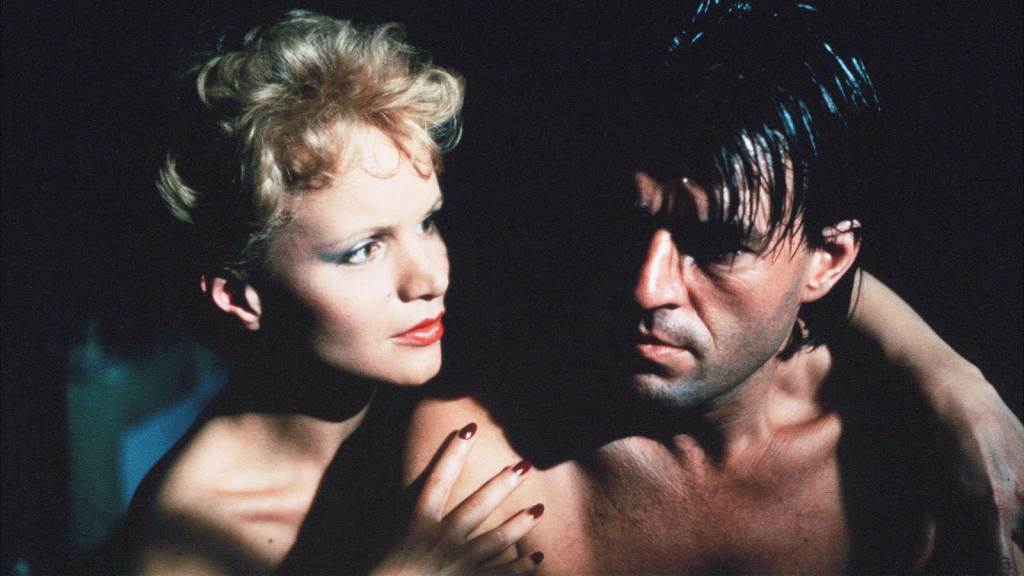
6. Starship Troopers (1997)
Genre: Satire, Sci-Fi, Action, War, Extraterrestrial, Comedy
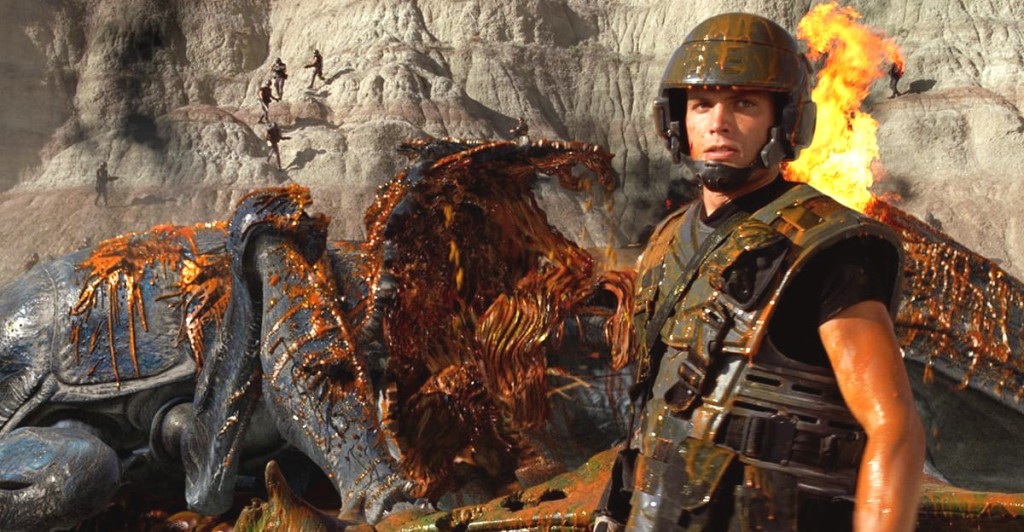
7. Turkish Delight (1973)
Genre: Romance, Drama
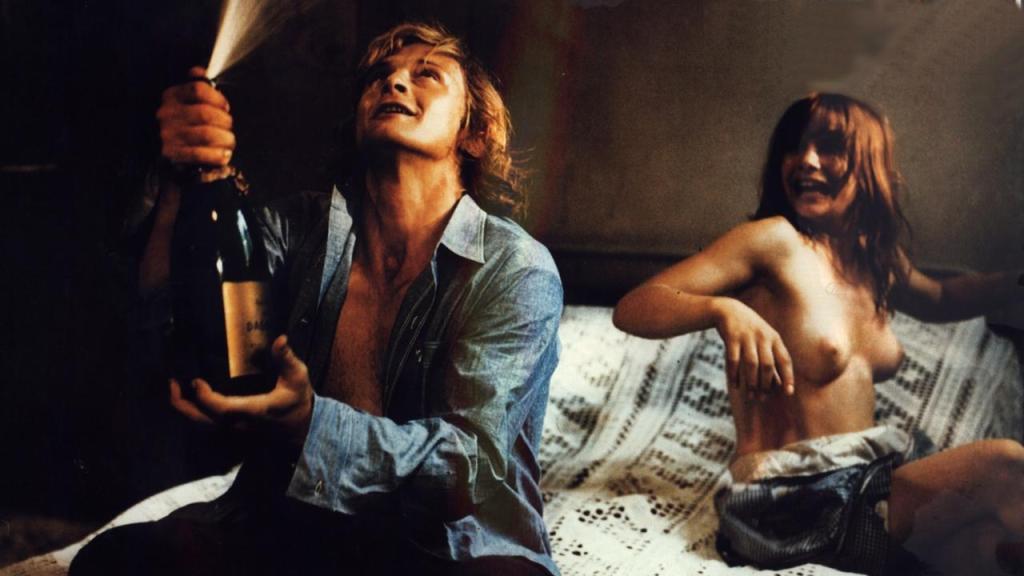
8. Elle (2016)
Genre: Psychological Thriller, Drama
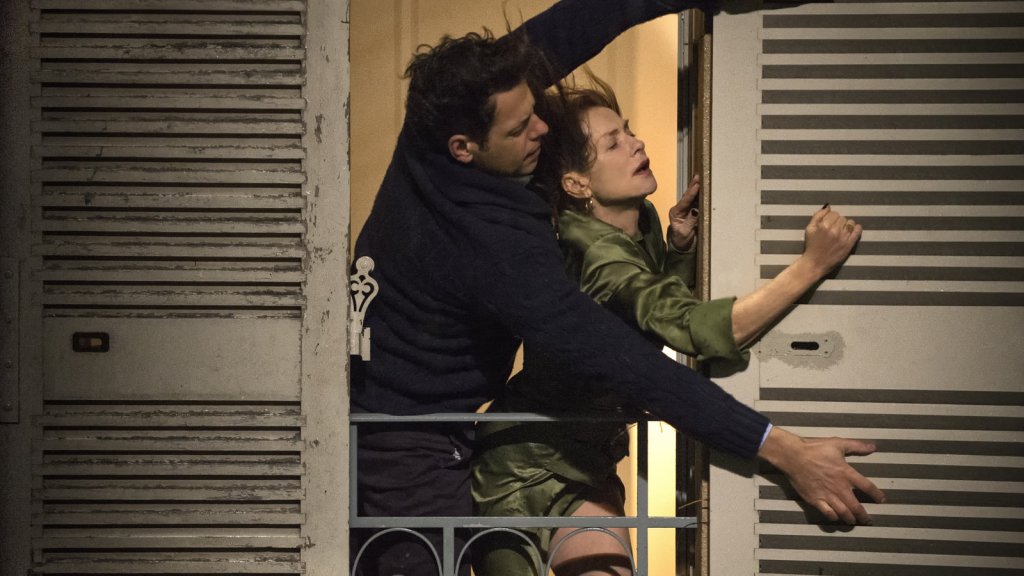
9. Basic Instinct (1992)
Genre: Erotic Thriller, Psychological Thriller, Crime, Neo-Noir, Mystery, Police Procedural

10 Flesh + Blood (1985)
Genre: Adventure, Medieval
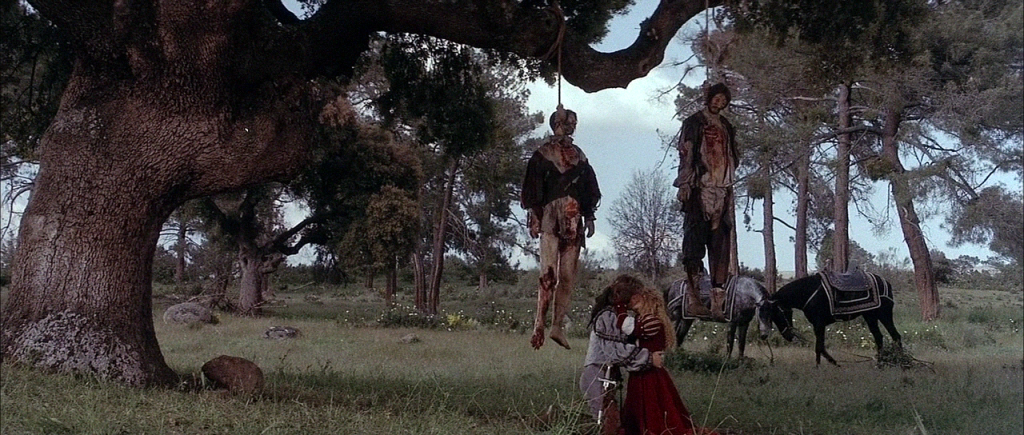
Paul Verhoeven: Themes and Style
Themes:
- Satire of Society and Institutions: Verhoeven frequently critiques institutions like the media, military, and corporations through dark humour and satire, as seen in films like RoboCop and Starship Troopers.
- Sexuality and Power: Films such as Basic Instinct and Showgirls delve into the intersections of sexuality, power, and exploitation. His narratives often depict the allure and danger of unchecked desire.
- Duality of Human Nature: Verhoeven’s characters frequently grapple with their dual nature, especially when it comes to morality and identity, evident in films like Total Recall and Elle.
- Religious Undertones: Raised in a religious environment, Verhoeven occasionally explores biblical themes and the divine, as seen in the allegory of RoboCop.
Styles:
- Hyper-Violence: Many of Verhoeven’s films are known for their explicit violence, which serves both as a narrative device and a satirical tool. It can be both shocking and exaggerated, reflecting society’s desensitisation.
- Use of Special Effects: From the early science fiction films to his later works, Verhoeven has showcased a keen interest in employing cutting-edge special effects, always pushing the boundaries of what’s technically feasible.
- Sensual Imagery: Verhoeven’s camera doesn’t shy away from depicting nudity and sexual scenarios, often to accentuate the themes of power, vulnerability, and control.
- Intense Character Close-Ups: He frequently uses tight shots of his main characters to capture the minutiae of emotions, often highlighting their internal conflicts.
Directorial Signature:
- Blending Genres: Verhoeven has the ability to fuse genres, blending action with social commentary or thriller with erotic drama. His films cannot be easily boxed into one category.
- Controversial Storytelling: He isn’t afraid to tackle controversial subjects or present narratives that challenge the audience’s comfort zones.
- Dual Tone: Verhoeven’s films often oscillate between being intensely serious and darkly comedic, creating an unsettling atmosphere that keeps audiences on edge.
- Strong Female Characters: Despite criticisms of misogyny, many of Verhoeven’s films feature strong, complex female leads who navigate worlds dominated by male-driven power dynamics.
- Reinterpretation of American Tropes: As a Dutch director working extensively in Hollywood, Verhoeven often takes traditional American film tropes and turns them on their head, providing a unique, outsider perspective.
Paul Verhoeven: The 169th Greatest Director
